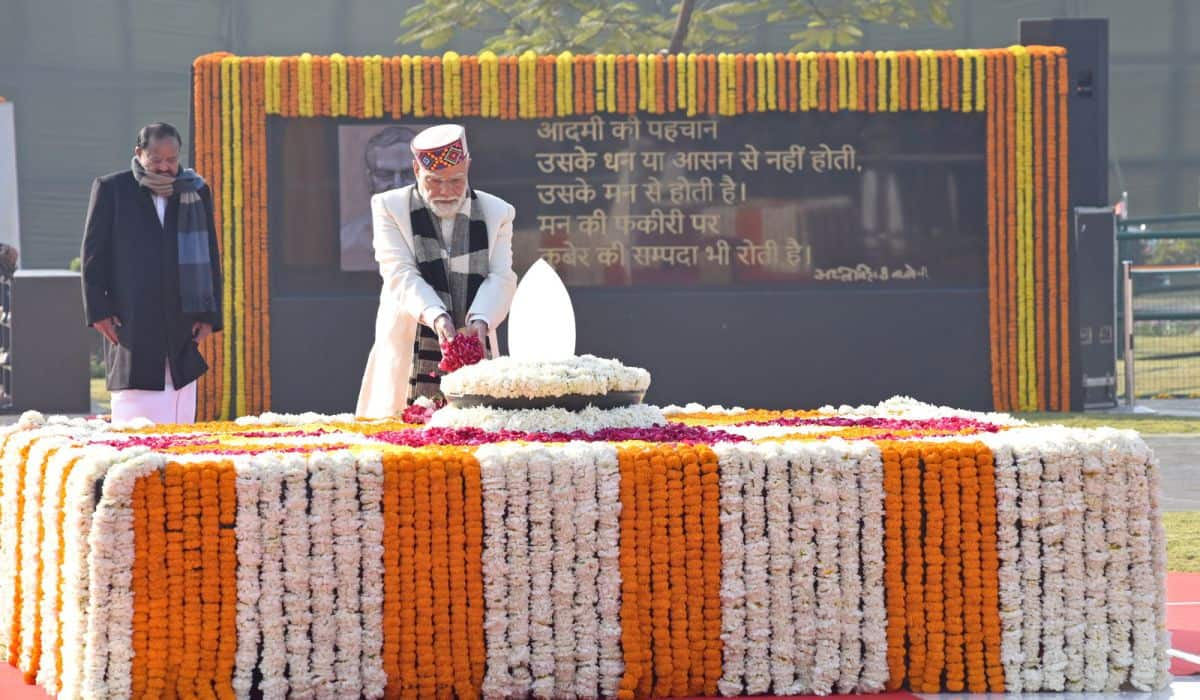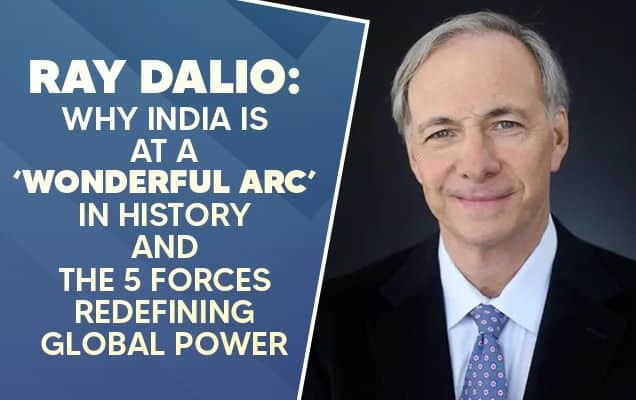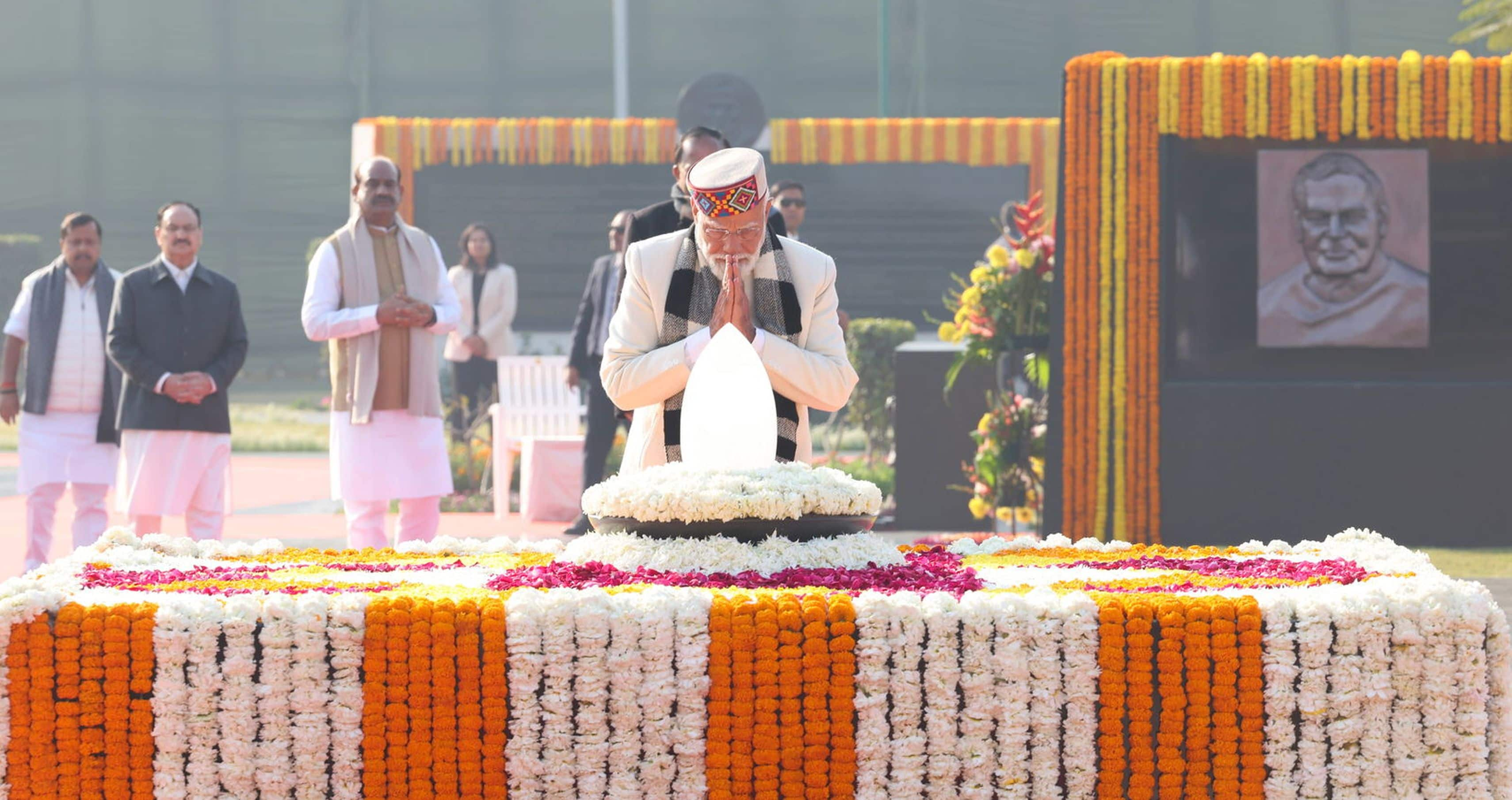At the invitation of Prime Minister Löfven, Prime Minister Modi paid an official visit to Stockholm on 16-17 April 2018.
Prime Minister Modi and Prime Minister Löfven met on 17 April and recalled their Joint Statement issued in Mumbai in 2016, welcomed progress so far on its implementation and reconfirmed their commitment to the Joint Statement as the overall political framework for cooperation.
India and Sweden share values of democracy, rule of law, respect of human rights, pluralism and a rule-based international order. Both Prime Ministers reiterated their commitment to dialogue and cooperation on key international issues of mutual concern, including climate change, Agenda 2030, international peace and security, human rights, gender equality, humanitarian issues, international trade.The Prime Ministers underlined the urgency to step up global efforts to combat climate change, and emphasized their common continued commitment to the Paris Agreement. Both sides agreed to continue security policy dialogue at the level of National Security Advisors, in line with the Joint Statement.
Both Prime Ministers agreed to close cooperation in the UN, and other multilateral fora. Theytook note of the UN Secretary-General’s reform efforts to ensure a UN fit to support Member States to deliver on Agenda 2030. They alsoreaffirmed the need for reform of the UN Security Council, including its expansion, to make it more representative, accountable, effective, and responsive to the realities of the 21st century. Prime Minister Modi thanked Prime Minister Löfven for Sweden’s support to India’s candidature for non-permanent membership of United Nations Security Council (2021-22) and for Sweden’s support to India’s permanent membership of a reformed and expanded United Nations Security Council.
Both Prime Ministers expressed their commitment to support and strengthen global export control, non-proliferation and disarmament objectives and looked forward to close cooperation in these areas. Prime Minister Löfven welcomed India’s recent accession to the international export control regimes, including to Australia Group (AG), Wassenaar Arrangement (WA),Missile Technology Control Regime (MTCR),and The Hague Code of Conduct against Ballistic Missile Proliferation (HCOC), and expressed support for India’s membership of the Nuclear Supplier Group (NSG).
Both Prime Ministers called for greater unity and stronger international partnership to counter terrorism, disrupt terrorist networks and financing, and to prevent violent extremism. They emphasized that the global counter terrorism legal framework should be regularly updated to address the changing threat of terrorism with strength, and underscored that any measures taken to counter terrorism comply with international law. In this regard both countries called for an early finalisation of the draft Comprehensive Convention on International Terrorism (CCIT).
To further promote bilateral cooperation, they decided on the following India-Sweden Joint Action Plan, under which India and Sweden, through relevant ministries, agencies and actors, aim to:
Innovation
- Initiate a multi-stake holder Innovation Partnership for a Sustainable Future, underpinning our mutual commitment todrive prosperity and growth and address societal challenges such as climate change and sustainable development through innovation.
- Carry out dialogue and cooperative activities in the field of intellectual property rights under the MoU signed between the Swedish Patent Registration Office and the Department of Industrial Policy and Promotion of India.
Trade and investment
- Encourage trade and facilitate investment in both directions, such as Sweden’s investment in India through ‘Invest India’ and Indian investment in Sweden through ‘Business Sweden’. -
- Encourage the work of the India-Sweden Business Leaders Round Table (ISBLRT) to further strengthen India-Sweden business cooperation within inter alia smart cities, digitization, skills development and defence, and to move its relations, ideas, partnerships and recommendations forward.
Smart Cities and Next Generation Transport
- Exchange knowledge and explore cooperation on smart cities, including transit-oriented urban development, air pollution control, waste management, waste-to-energy, waste-water treatment, district cooling and circular economy, including through dialogue and capacity building. -
- Exchange know-how and explore cooperation in the areas of electro-mobility as well as renewable fuels.
- Exchange know-how and explore cooperation in the area of railways, such asrailway policy development, safety, training and operation and maintenance of railways.
Smart, sustainable and renewable energy
- Engage and seek mutual collaboration on the demonstration and development of smart grid technologies such as smart metering, demand response, power quality management, distribution automation, electric vehicle/charging infrastructure as well as renewable integration, through research, capacity building,policy cooperation and learning on market design prerequisites including business models.
- Expand research, innovation and business cooperation on new innovative energy technologies through the India-Sweden Innovations’ Accelerator, focusing on technologies to utilise renewable energy and energy efficiency.
Women’s skills development and empowerment
- Encourage joint efforts towards women’s empowerment by skilling employment and entrepreneurship opportunities for womenthrough projects such as "Kraftsamla”- a project undertaken by Swedish and Indian actors in Pune, Maharashtra which provides skills training for women in jobs suitable for industry such as forklift drivers, warehouse managers, assembly operators and more.
Defence
- Explore the finalization of a bilateral agreement on exchange and mutual protection of classified information for cooperation in the defence area.
- Enhance Indo-Swedish dialogue on defence cooperation. Proceed with India-Sweden defence seminars in India and Sweden in 2018-19 and explore, together with the ISBLRT, opportunities for investment in Defence Production Corridors in India
- Encourage industry partners to develop supply chains for small and medium sized enterprises (SME) with major Defence & Aerospace Original Equipment Manufacturers (OEMs)
Space and science
- Acknowledge the importance of bilateral cooperation on space research, technology, innovation and applications. Encourage the space agencies and other space entities to enhance space cooperation under the Memorandum of Understanding, particularly in Earth observation, planetary exploration and satellite ground station activities, through inter alia an Indo-Swedish Space Seminar and a visit by an Indian delegation to Swedish space establishments.
- Explore possible collaboration between the European Spallation Source (ESS), hosted by Sweden, and Indian partners.
Health and Life Sciences
- Enhance collaboration on the priority issues identified in the field of health, such as health research, pharmacovigilance and anti-microbial resistance, under the Memorandum of Understanding in the field of health care and public health.
Follow-up
- The Indo-Swedish Joint Commission on Scientific and Economic Affairs, Foreign Office Consultations and other relevant bilateral fora and Joint Working Groups will oversee the implementation of this Action Plan.














